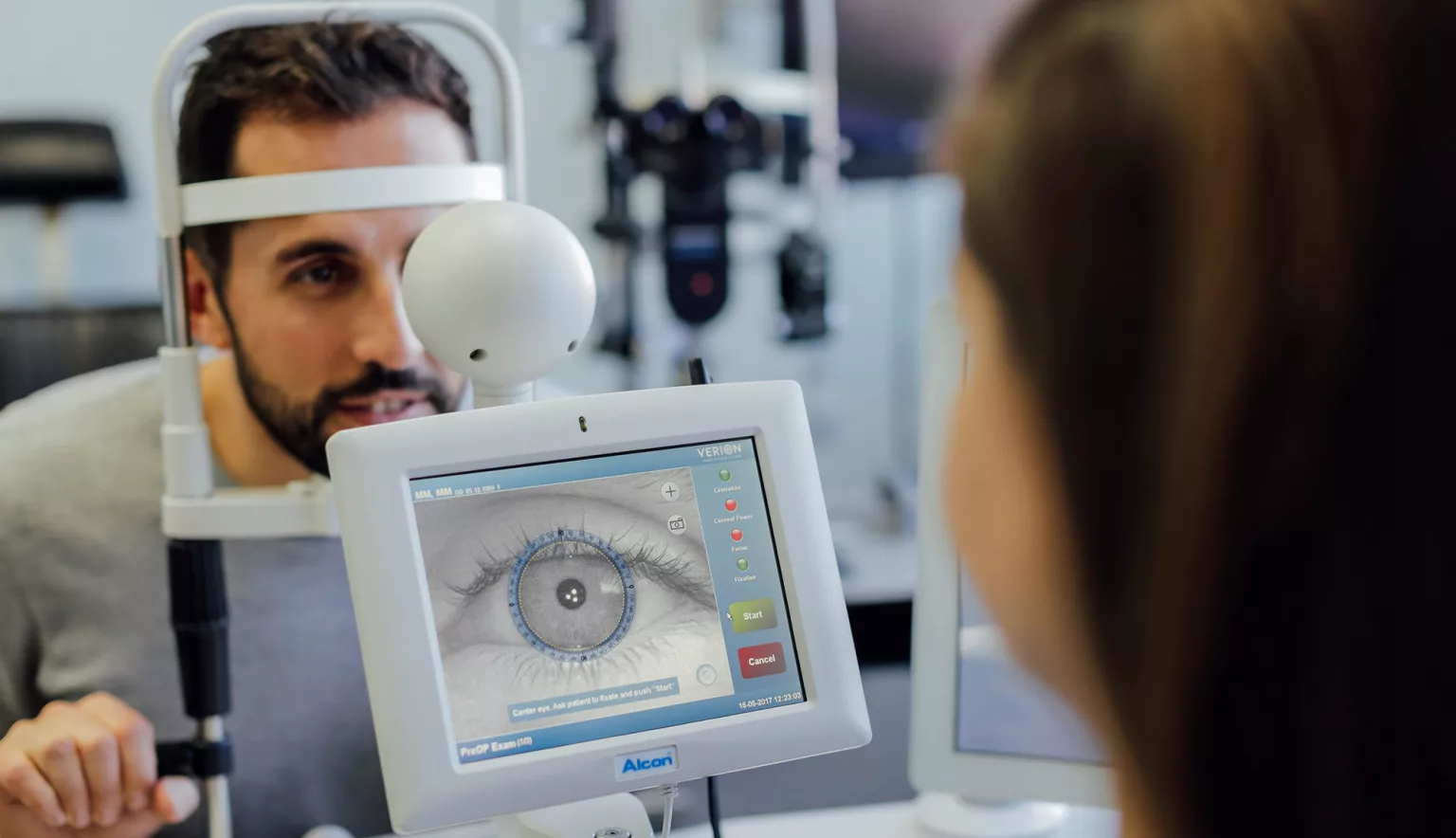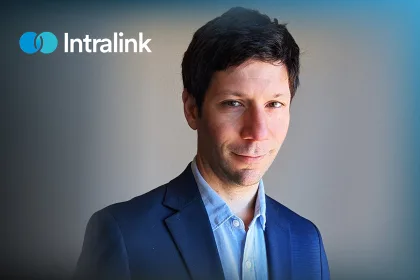James Thiedeman, CEO at Vision Eye Institute, discusses his organisation’s position as a leading provider of ophthalmology in Australia.
ENVISIONING A BRIGHT FUTURE
“I believe navigating through the pandemic has strengthened us as an organisation.”
For most in healthcare, 2020 was one of the most disruptive and challenging years in living memory.
But for James Thiedeman, CEO at Vision Eye Institute (VEI), he recognises how fortunate VEI, and wider Australia, was, and praises the country’s government for its robust response to the pandemic.
“Australia fared relatively well in dealing with the impact of the coronavirus across the community and the effect on our healthcare sector,” he tells us. “While we did have periods where our clinics and hospitals were required to suspend services, overall, the government’s response to the pandemic was well managed and communicated.
“We were fortunate to have clear guidelines and instructions from the Australian Government on COVID safe procedures and expectations. This coupled with our own internal capabilities and knowledge meant we were able to provide a safe environment for our doctors, staff and patients despite the many uncertainties the pandemic threw up.”
As such, VEI transitioned many of its processes to an online interface, improving convenience and clarity for patients and their loved ones.
“Our people are without question, what make us a world leading eye care provider”
James Thiedeman, CEO, Vision Eye Institute
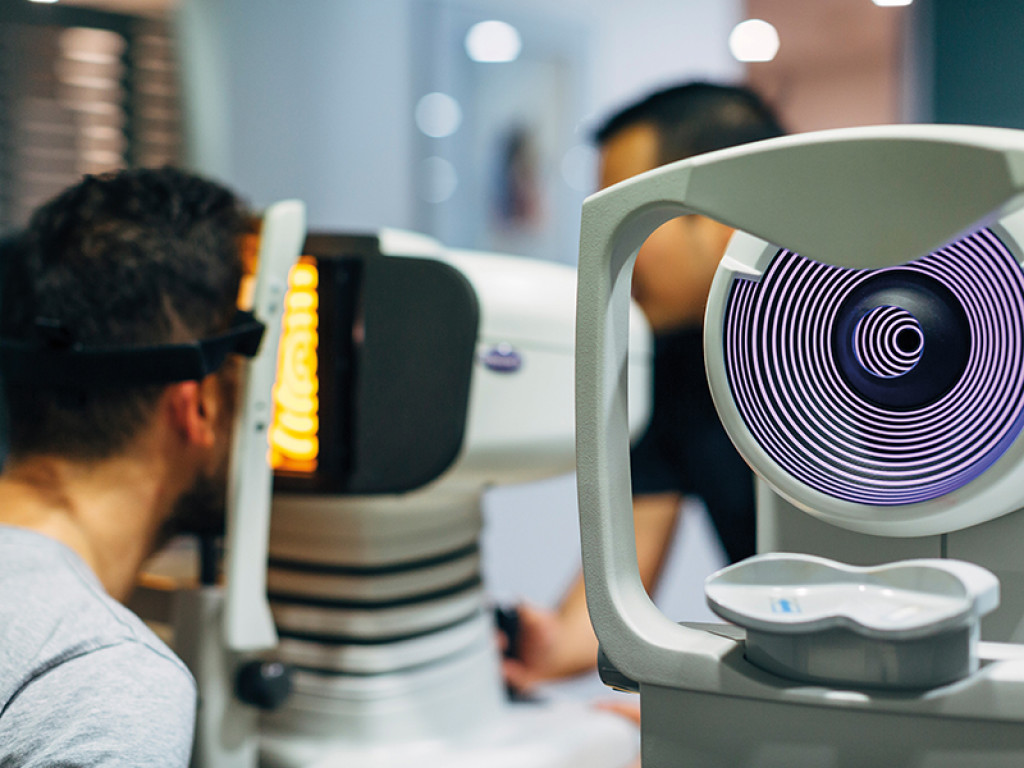
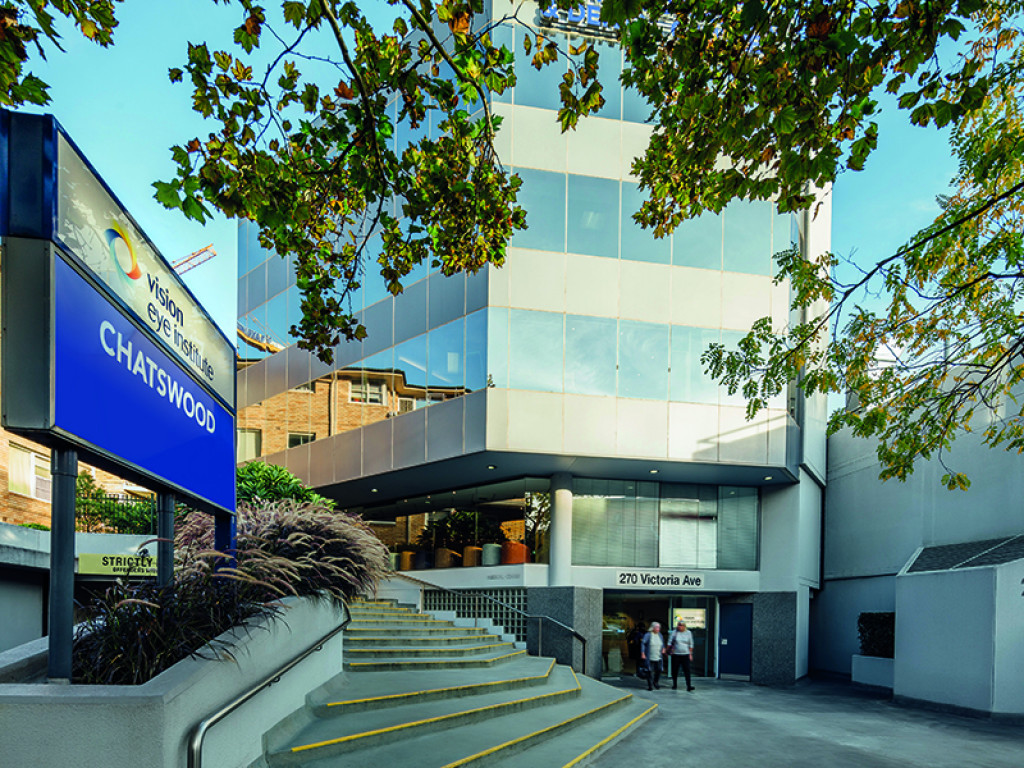
“We were also forced to relook at some of our long-standing practices and standard operating procedures, precipitating some real improvements in staff and patient engagement,” adds Thiedeman. “In addition, we were able to secure financial assistance from the government allowing us to support our doctors and staff. Importantly, all of our doctors and staff were able to be retained throughout the entire period we were impacted by the pandemic.
“It definitely shifted our thinking to challenge the norm and some of the more traditional, historic ways of doing things.”
With 28 clinics and day surgeries across Victoria, New South Wales, Queensland and South Australia, the organisation performs more eye surgeries than any other ophthalmic group in Australia each year. The company’s dedicated team of doctors combine years of clinical expertise and a strong research programme in order to deliver best-in-class care to patients.
VEI provides the full spectrum of acute eye care and offers a holistic range of treatments for all eye conditions including the latest available technology. VEI is also committed to providing high-quality education. Its doctors are heavily involved in teaching and examining allied health trainees, optometry students, optometrists and ophthalmology trainees. The organisation works closely with universities and other teaching institutions to deliver training and education and drive innovation in ophthalmology. VEI is part of Jangho Group which delivers products and services in a variety of industries aimed at improving the living standards of the community as a whole.
Having worked in the industry for over 30 years, Thiedeman began as an 18-year-old Assistant in Nursing in the operating theatres of a busy not-for-profit hospital in Brisbane, Australia. Thiedeman reflects on that early experience and believes it provided him with a first-hand experience of what the day-to-day of acute health care delivery really looked like.
“I saw doctors, clinical staff and patients close up in a busy, multi-facetted environment,” says Thiedeman. “It really galvanised for me at the earliest stage of my career the importance of teamwork and trusting in the capabilities and commitment of your colleagues around you.
“As a young lad, I was always intrigued with the wonder of the human body, so outside pursuing training as a clinician, health service management seemed an intriguing path.”
And pursue it, he did. Thiedeman worked for a number of organisations, before becoming CEO and Managing Director at Vision Eye Institute in November 2017. Now, with over 30 years’ experience to call on, he has witnessed how the industry has transformed over the years.
“Every day presents a new and interesting challenge and opportunity,” he tells us. “As is the case in many other industries, technology is having a considerable influence on changing how the healthcare sector operates.
“More recently, with a loved one facing serious, life threatening health issues, I’ve for the first time experienced the healthcare system as the carer of an ‘end user.’ Despite having three decades in the sector, this has been the most eye-opening time of my professional life.”
Over the past couple of years, VEI has been progressing a ‘Culture Action Plan’ across the organisation. In 2019, VEI undertook a company-wide culture survey in which it asked staff and doctors where its current culture was at that point in time, and in turn where they would like it to go.
“We were buoyed by the positive feedback we received from staff and doctors in relation to the existing organisational culture, with almost three quarters of respondents highlighting they liked their job and agreeing VEI was a good place to work,” explains Thiedeman. “We were also told VEI has an opportunity to improve communication flow throughout the organisation and provide more transparency on key projects and group wide initiatives.
There was also feedback suggesting many staff were keen to pursue advancement opportunities within the organisation and in turn, were seeking professional and developmental support to enable this career advancement.”
This led to VEI responding to feedback by implementing various initiatives to accommodate the suggestions received. Now, VEI has an annual ‘Future Leaders Programme’ in place and have instituted a range of additional regular communication channels, while enacting ‘Show and Tell’ sessions with middle managers to ensure they are apprised of the wealth of projects and care improvement initiatives VEI has ongoing.
“The feedback from the team has been very positive, however, I am looking forward to repeating a culture survey this year, as I am certain our doctors and staff will tell us we have made some further great steps forward.
“Australia continues to be a world leader in achieving affordable, accessible, high quality healthcare to the community”
James Thiedeman, CEO, Vision Eye Institute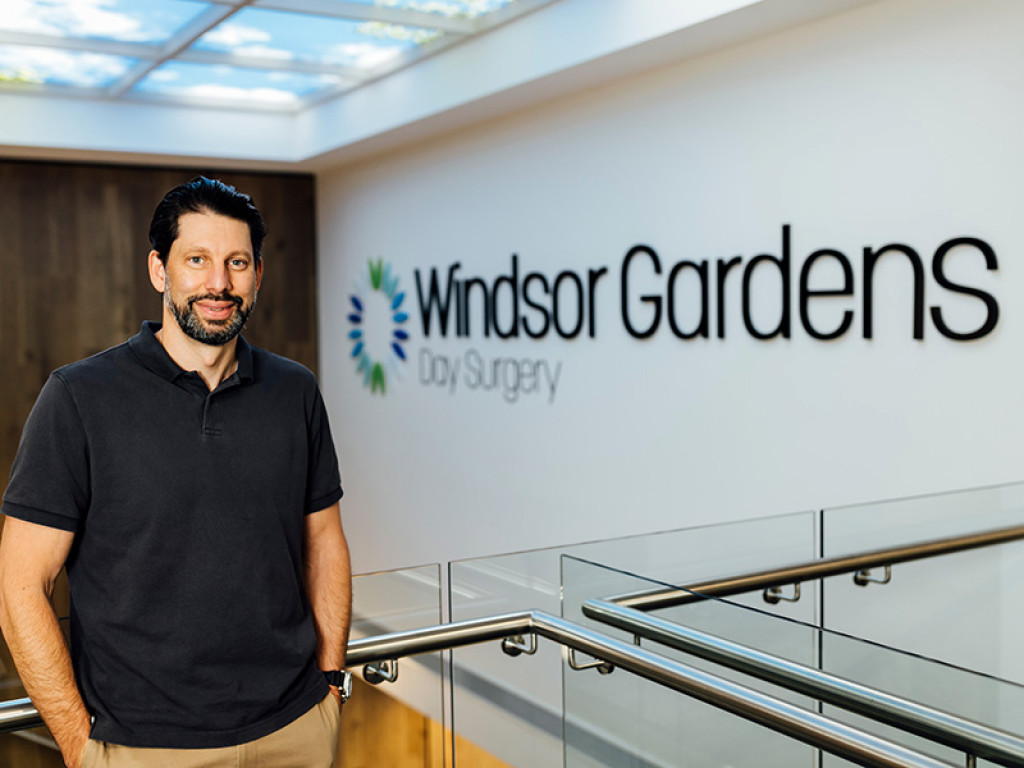
“Given that we are a human services organisation, it is paramount our staff and doctors are motivated and energised by the organisation they are working within to ensure the provision of excellent care to our patients. I feel very strongly the positive culture of VEI is what makes us such an effective care provider.”
As the largest private provider of ophthalmic services in Australia, VEI has leveraged its size to develop deeper relationships with key procurement partners.
“In any given year we spend many millions of dollars on equipment and supplies with a handful of important partners,” explains Thiedeman. “Achieving competitive pricing on such inputs to care is one area of focus, however clearly these partner relationships extend beyond a simple transactional buy-sell dynamic.
“Clinical sovereignty is an important core value for VEI. This value means we do not try to influence how our doctors must practice nor what types of lenses, equipment or pharmaceuticals they must use. As a result, we have relationships with a very wide range of suppliers to ensure we can satisfy the care input requirements of our doctors. Some of these relationships represent very large annual procurement amounts and, in these circumstances, we seek to exercise our buying power to secure competitive pricing.
“Having said this, the relationship with our key suppliers goes well beyond simply buying goods and services from them. As innovation and clinical technology are paramount to what we do, many of these relationships are driven by a mutual desire to work together to deliver better care, improved clinical outcomes and greater patient satisfaction.”
As VEI has continued to grow its day hospital portfolio, it has seen the opportunity to broaden the range of services it provides in its day surgery facilities.
“We now partner with surgeons in the fields of gastroenterology, pain management, dermatology and urology to name a few,” says Thiedeman. “Over the last few years, we have commissioned a number of greenfield day hospitals and in order to provide a wider range of surgical services to the local community, have expanded the hospital offering beyond ophthalmic care. This approach also ensures we keep our operating theatres busy with a broad range of surgical activities.”
Across the healthcare sector globally, there remains a shortage of skilled, capable staff. This has meant the importance of retaining experienced staff has become essential.
“At Vision Eye Institute, almost half our staff have been with the organisation for more than six years and over a quarter of our staff have worked with us for over 10 years. Whatever we’re doing to retain our staff is working,” he tells us. “The work we do is very special. It’s hard not to be energised by helping someone retain, or even restore their eyesight! The impact of what we do at VEI is life transforming for most of our patients. Adding to this our care model is very team based, so there is a great sense of satisfaction working alongside like-minded colleagues.
“Finally, VEI has a reputation for being the best at what we do which brings a great sense of pride and comradery. All these ingredients better allow us to retain doctors and staff and minimise the cost of skill churn. We are very selective with who we allow to join the organisation. We have very thorough evaluation and screening processes for candidates that cover off not only experience and skill assessment, but also cultural fit.
“Our people are without question, what make us a world-leading eye care provider.”
Moving forward, although largely unaffected by COVID-19, the wider impact of the pandemic meant that the organisation’s growth plans last year had to slow.
“Many of our clinics and day hospitals were closed for weeks at a time during the worst period of the pandemic in Australia. Most healthcare providers went into ‘survival’ mode so 2020 certainly wasn’t a period to grow and acquire new services,” explains Thiedeman. “While our primary focus is growing our footprint in Australia through the acquisition of like-minded clinics and day hospitals, we are also looking further afield to the ASEAN region.
We have a sister network of eye hospitals in China and believe we can leverage off the combined insight and know-how of East and West.
“With an increasing ageing population across the globe, eye disease continues to become more prevalent however our ability to treat and intervene advances equally. There are so many communities who will benefit from having access to contemporary eye care and Vision Eye Institute is focused on targeting the same.
“Alongside our eye care focus, we will continue to expand into complementary medical specialties and have capital earmarked for this synergistic diversification.”



